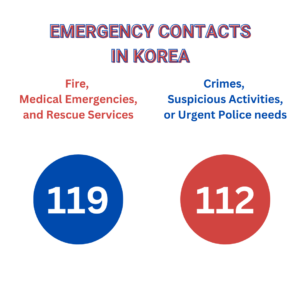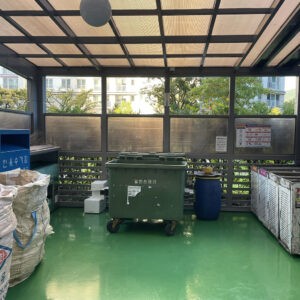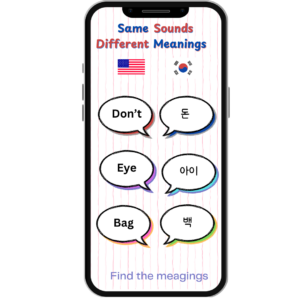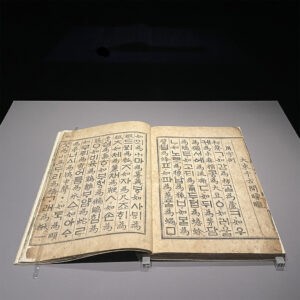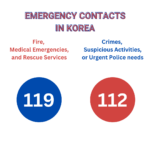Recent political events in South Korea have stirred up national discussions and raised concerns about the state of democracy in the country. For those new to South Korea, understanding these events can provide valuable insight into the nation’s political dynamics and the importance of civic engagement in Korean society. Here’s a breakdown of what happened and what it means for you as a resident or visitor.
What Happened?
In early December 2024, South Korea faced a political storm when President Yoon Suk Yeol declared martial law. This decision, he claimed, was necessary to counter “pro-North Korean anti-state forces” that allegedly posed a threat to national security. Martial law is a rare and extreme measure that temporarily suspends civil liberties, granting the military significant control over public administration.
This move immediately drew criticism from opposition parties, civic groups, and the public. Many viewed it as a regression to authoritarian rule, reminiscent of South Korea’s past under military regimes before democratization in 1987. The backlash was swift, with protests erupting across the country and the National Assembly (South Korea’s legislative body) taking quick action to overturn the decision. President Yoon subsequently rescinded the martial law declaration within hours.
The Push for Accountability
Following the controversial declaration, opposition lawmakers initiated impeachment proceedings against President Yoon, accusing him of overstepping his constitutional authority. However, the impeachment motion failed to pass due to insufficient support in the National Assembly, where a two-thirds majority is required for such actions.
Despite the failed impeachment, the event has ignited widespread debate about the balance of power in South Korea’s democracy and the role of civic engagement in holding leaders accountable.
Why This Matters to Newcomers
Even if you’re not directly involved in Korean politics, understanding the situation is important for several reasons:
- A Glimpse into Korean Democracy:
South Korea is a vibrant democracy, but these events highlight the challenges it faces. The public’s quick response to oppose martial law demonstrates a strong commitment to democratic values. - Impact on Daily Life:
While such political tensions can feel unsettling, they rarely disrupt daily activities for residents and visitors. Public services and businesses continue to operate normally, even during periods of unrest. - Conversations and Context:
Political discussions can be a common topic among Koreans, especially during times of crisis. Being aware of these events will help you navigate conversations and understand the broader context of local news. - Historical Context:
This situation is a reminder of Korea’s history and the struggles it faced transitioning from authoritarian rule to democracy. These events provide an opportunity to learn about and appreciate Korea’s journey.
How to Stay Informed and Engaged
- Follow Reliable News Sources:
Stay updated with credible English-language news outlets covering South Korea, such as The Korea Herald, Yonhap News, or international news agencies. - Engage Thoughtfully:
If you discuss politics with locals, do so respectfully, as opinions can be deeply personal and polarized. - Understand Your Role:
As a newcomer, you may not have a direct influence on Korean politics, but being informed and engaged shows respect for the country you’re living in.
Conclusion
South Korea’s recent political turbulence is a powerful reminder of the challenges democracies face in maintaining a balance between security and liberty. For newcomers, understanding these events offers valuable insights into the resilience of Korean society and its ongoing efforts to uphold democratic values.
What’s your perspective on South Korea’s political climate? Feel free to share your thoughts or ask questions in the comments below!

